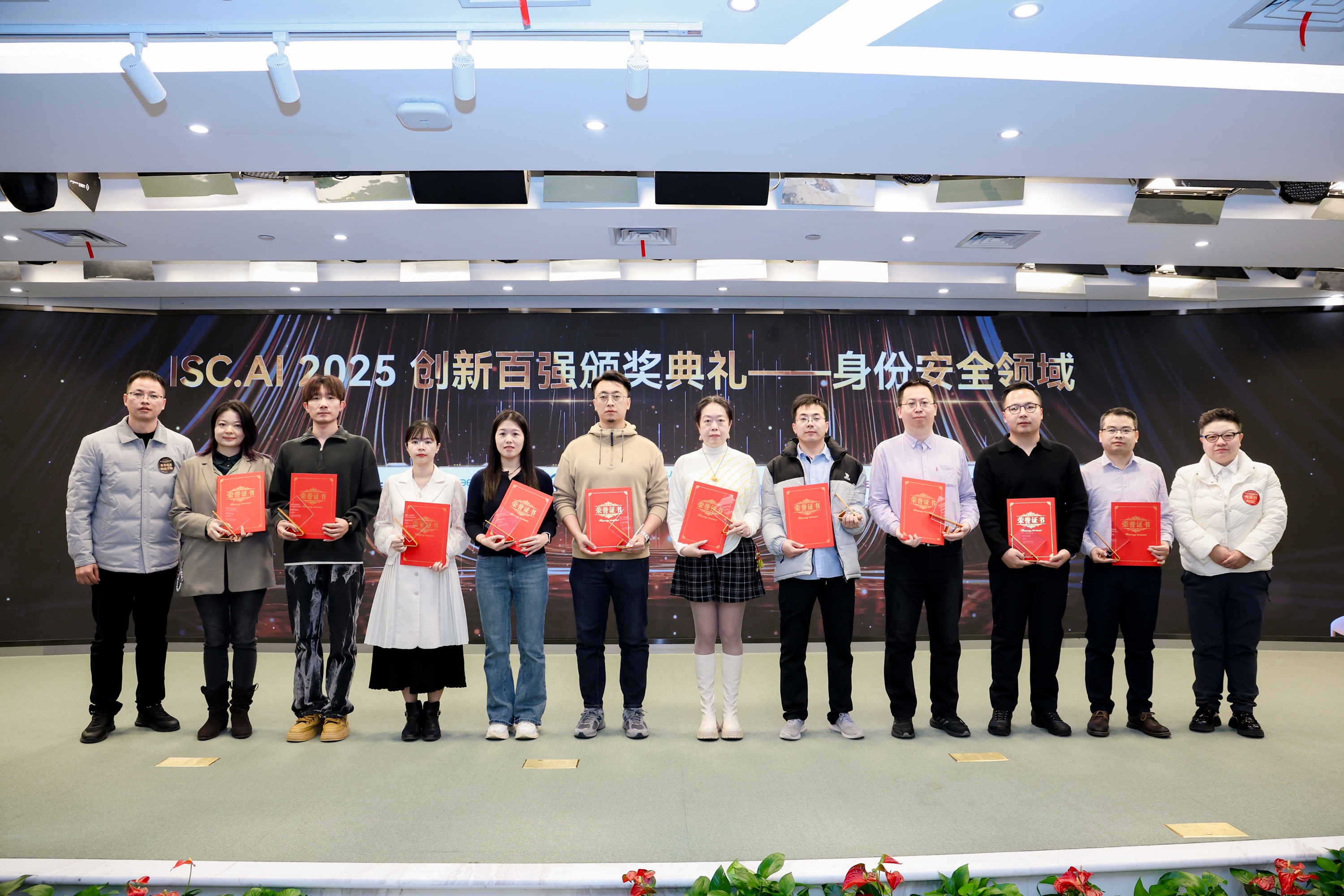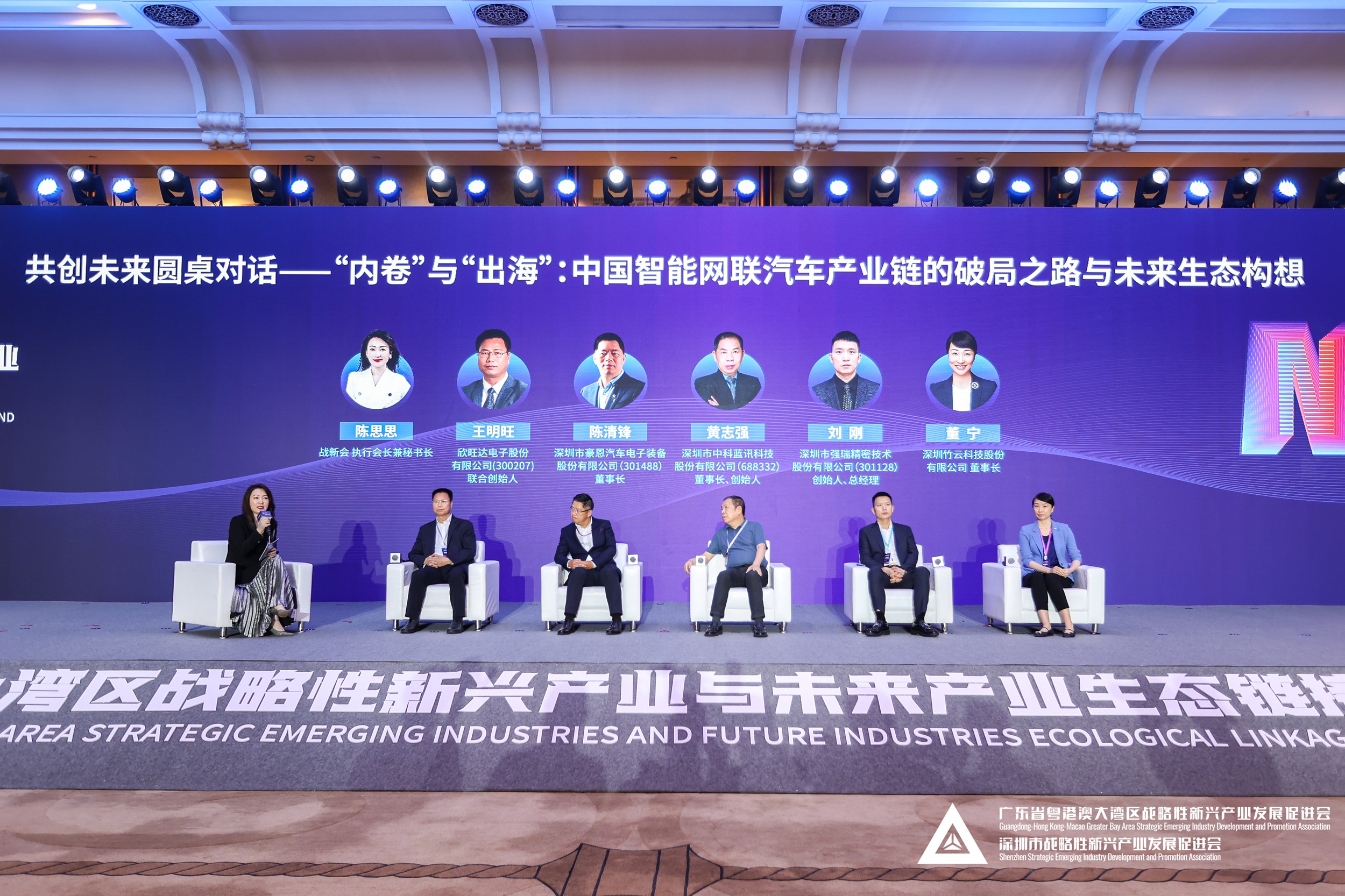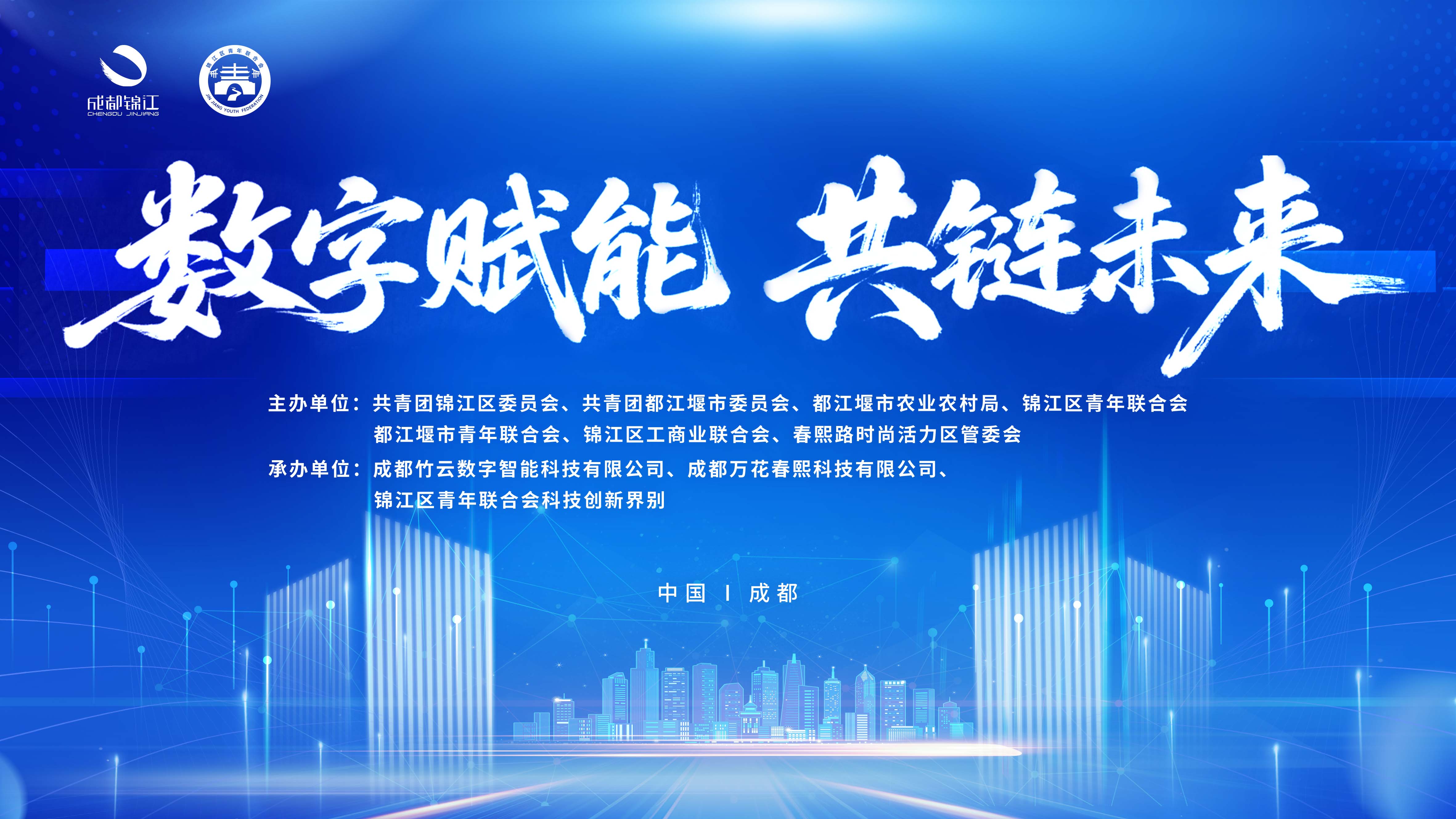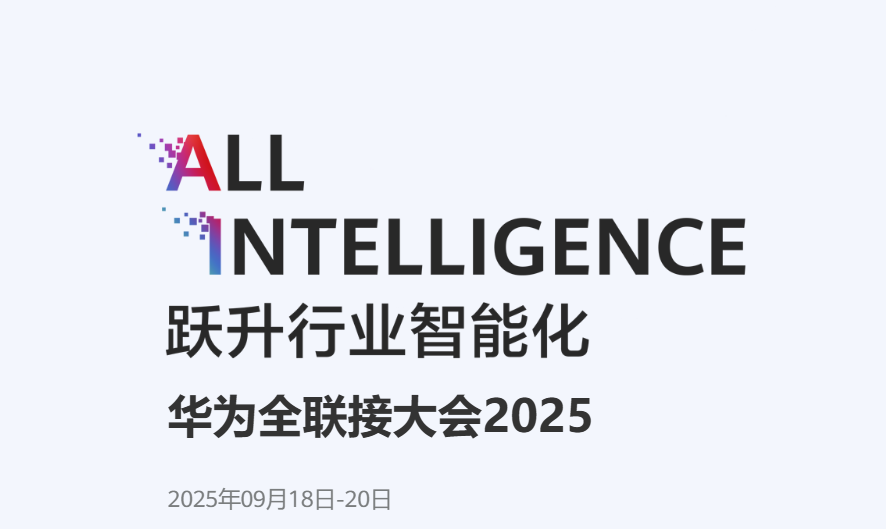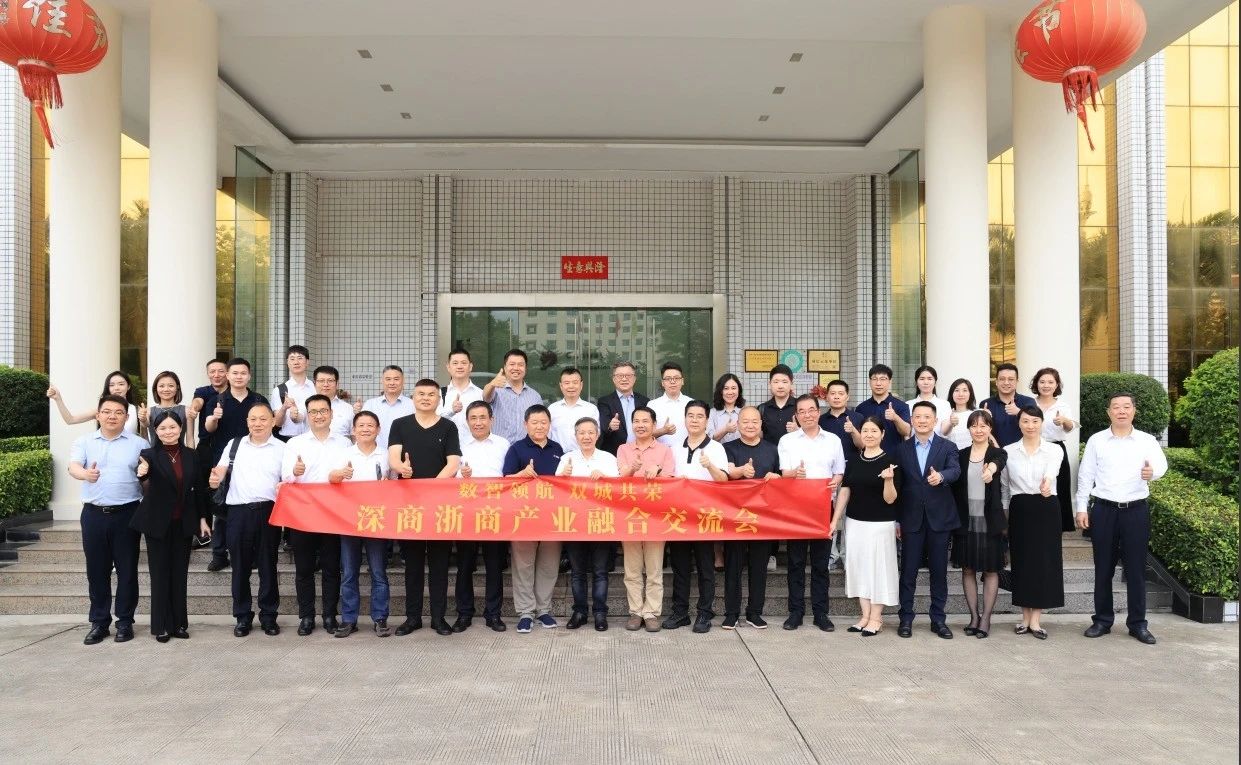Beijing | Founder of Bamboocloud Dong Ning Attends the 2024 Global Digital Economy Conference Data Element Innovation Development Forum
On June 5, 2024, the "2024 Global Digital Economy Conference: Data Element Innovation and Development Forum & the 4th China Data Element 50 Forum" was held at the China National Convention Center in Beijing.
The forum brought together distinguished experts and scholars in data management and the digital economy, industry leaders, and representatives from top enterprises. Its aim was to provide a platform for exploring and building a data element ecosystem market. The discussions focused on the fundamental principles of data ownership, transaction circulation, revenue distribution, and security governance. The forum also aimed to coordinate the development and security of the data element market, explore and unlock the value of data resources, and contribute to the development of new productive forces.
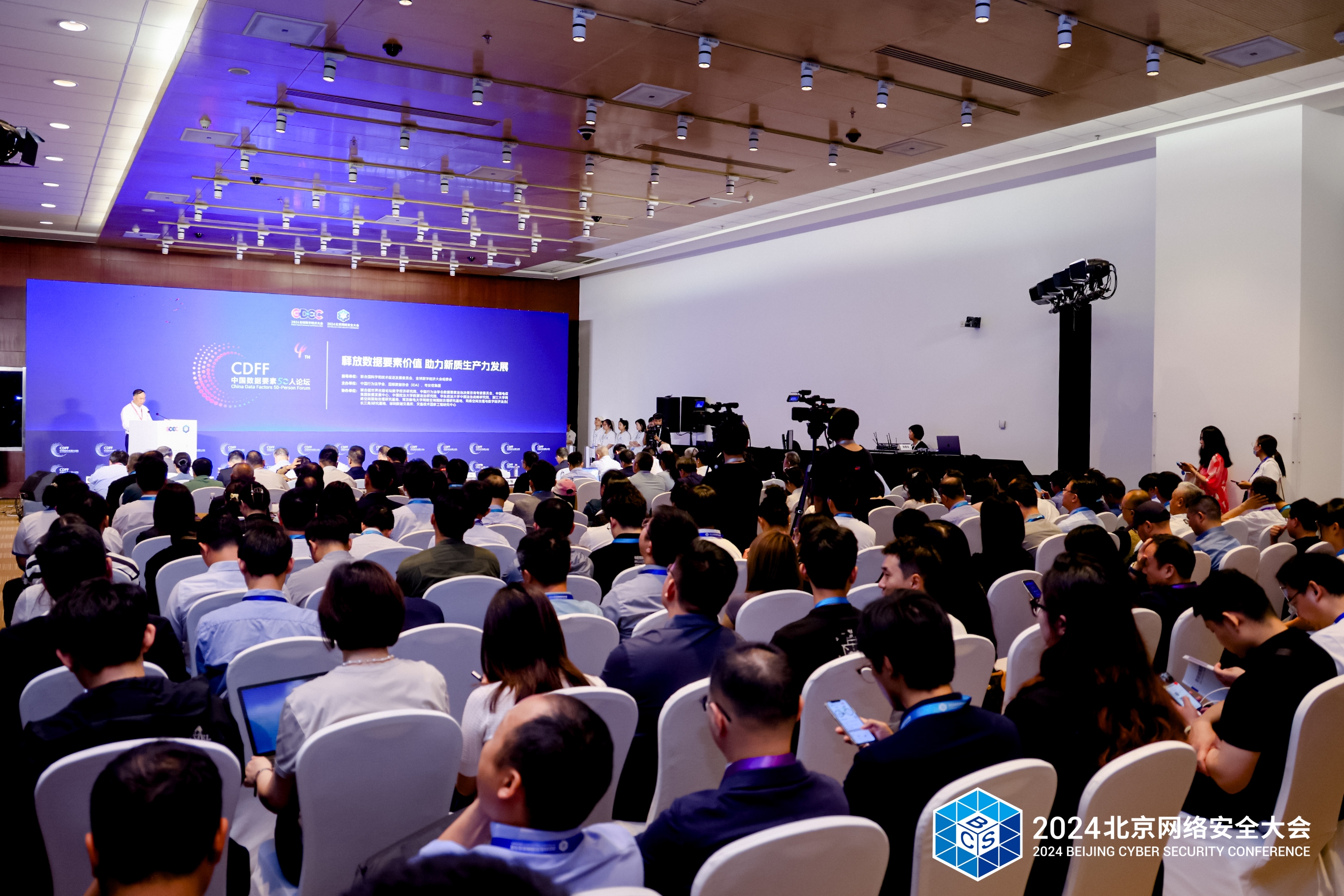
Peter Major, Vice Chairman of CSTD,Su Shaolin, Secretary of the Party Committee and Director of Beijing Communication Administration, delivered the opening speech.
Peter Major, Vice Chairman of the CSTD, believes that in the wave of the 21st-century digital economy, data has evolved from being merely a carrier of information to becoming a key production factor driving economic growth, innovation, and transformation. It is profoundly changing the global economic and social landscape. We must establish new production relations in the digital economy, reshape the governance model of the economy and society, and jointly build a new landscape for data security and cybersecurity, thereby safeguarding the development of the digital economy.
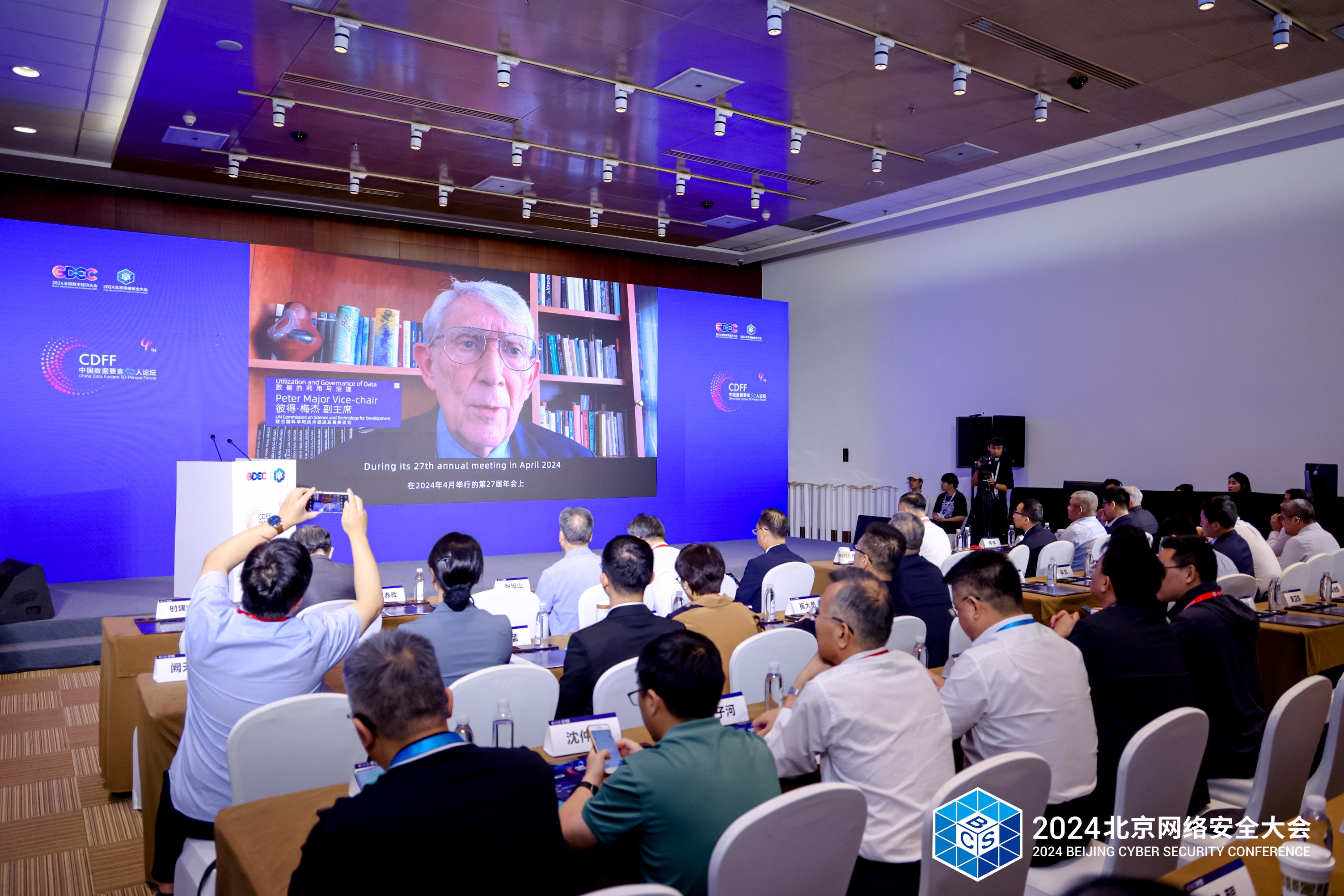
Su Shaolin, Secretary of the Party Committee and Director of Beijing Communication Administration believes that as President Xi Jinping has pointed out, data is a new production factor, a fundamental and strategic resource, and a crucial productive force. Currently, data has become a critical production factor in the digital economy era, gradually integrating into various aspects of production and life. It profoundly impacts and restructures economic and social operations as well as social governance, emerging as a key strategic resource influencing future development. In the wave of data innovation, integration, and transformation, all sectors of the industry chain need to fully harness the potential of data elements, unlock their value, and promote the high-quality development of data infrastructure. Together, we can contribute to the advancement of China's data industry.
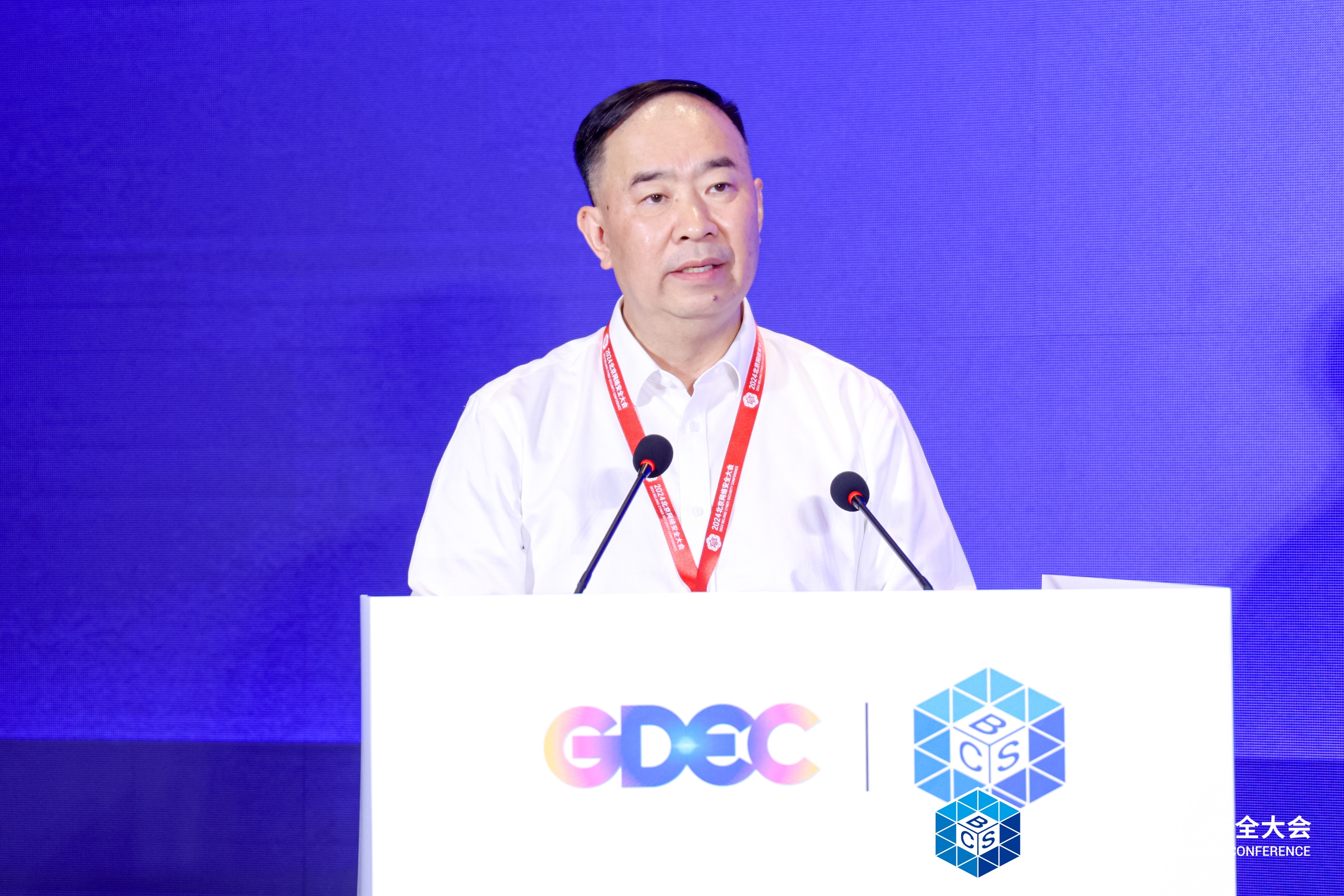
Keynote Speech
Jiang Bixin, Vice President of the China Law Society, Deputy Director of the Constitution and Law Committee of the 13th National People's Congress, and Former Vice President of the Supreme People's Court,Chen Junlong, foreign member of the European Academy of Sciences and academician of the European Academy of Sciences and Arts,Dong Xuegeng, Director of Hainan Province Big Data Administration Bureau, He Wei, Deputy Chief Engineer of China Academy of Information and Communications Technology, Jiang Qiping, Director of the Information Research Center of the Chinese Academy of Social Sciences and Researcher of the Institute of Quantitative and Technical Economics of the Chinese Academy of Social SciencesZhang Hengshan, first-level professor at the Party School of the Central Committee of the Communist Party of China (National School of Administration), vice president of the Chinese Society of Behavioral Law and director of the Academic Committee, Wang Chunhui, Chairman of IDA, Chief Expert of Decision-making Consulting of China Association for Science and Technology, and Chairman of China Data Elements 50 Forum, Zhang Xin, Deputy Director of Data Development Center of China Telecom, Liu Qianwei, Vice President and Chief Data Security Scientist of OAX attended the forum and delivered keynote speeches.
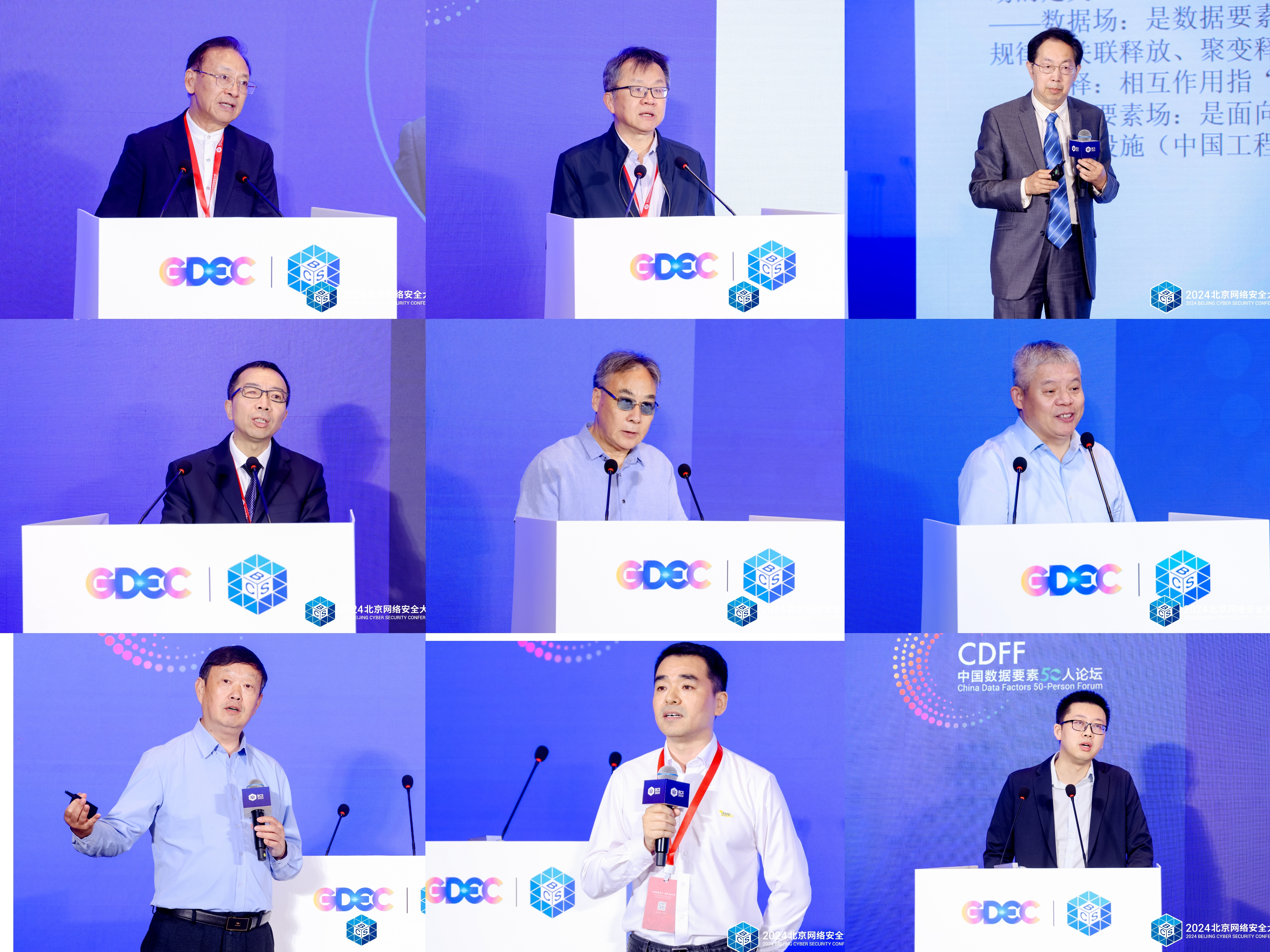
Roundtable
The roundtable was hosted by Wang Chunhui, President of the International Data Association (IDA), Chief Expert of Decision Consulting of the China Association for Science and Technology, and Chairman of the China Data Elements 50 Forum.
Qi Yong, director of TISC and Dean of Jiangsu International Institute of Intellectual Property; Dong Ning, researcher at The Institute of Digital Economics of the United Nations World Silk Road Forum and founder of Bamboocloud; Qu Qiang, researcher at Shenzhen Institute of Advanced Technology, Chinese Academy of Sciences, and Ph.D. Supervisor at University of Chinese Academy of Sciences; Cui Dayong CEO of Nanjing Lingxing; Xin Yang, Professor at School of Cyber Security, BUPT, and Executive Deputy Director of National Engineering Center for Disaster Recovery Technology; Ye Weiping Director of Institute of Innovation Development and Rule of Law at Shenzhen University, and Deputy Director of Academic Committee of Shenzhen University; Zhao Meng vice President of Research and Development for Global Government Business Unit at Huawei; Zheng Guangkui chairman of People's Data Management Co., Ltd., attended the roundtable dialogue.
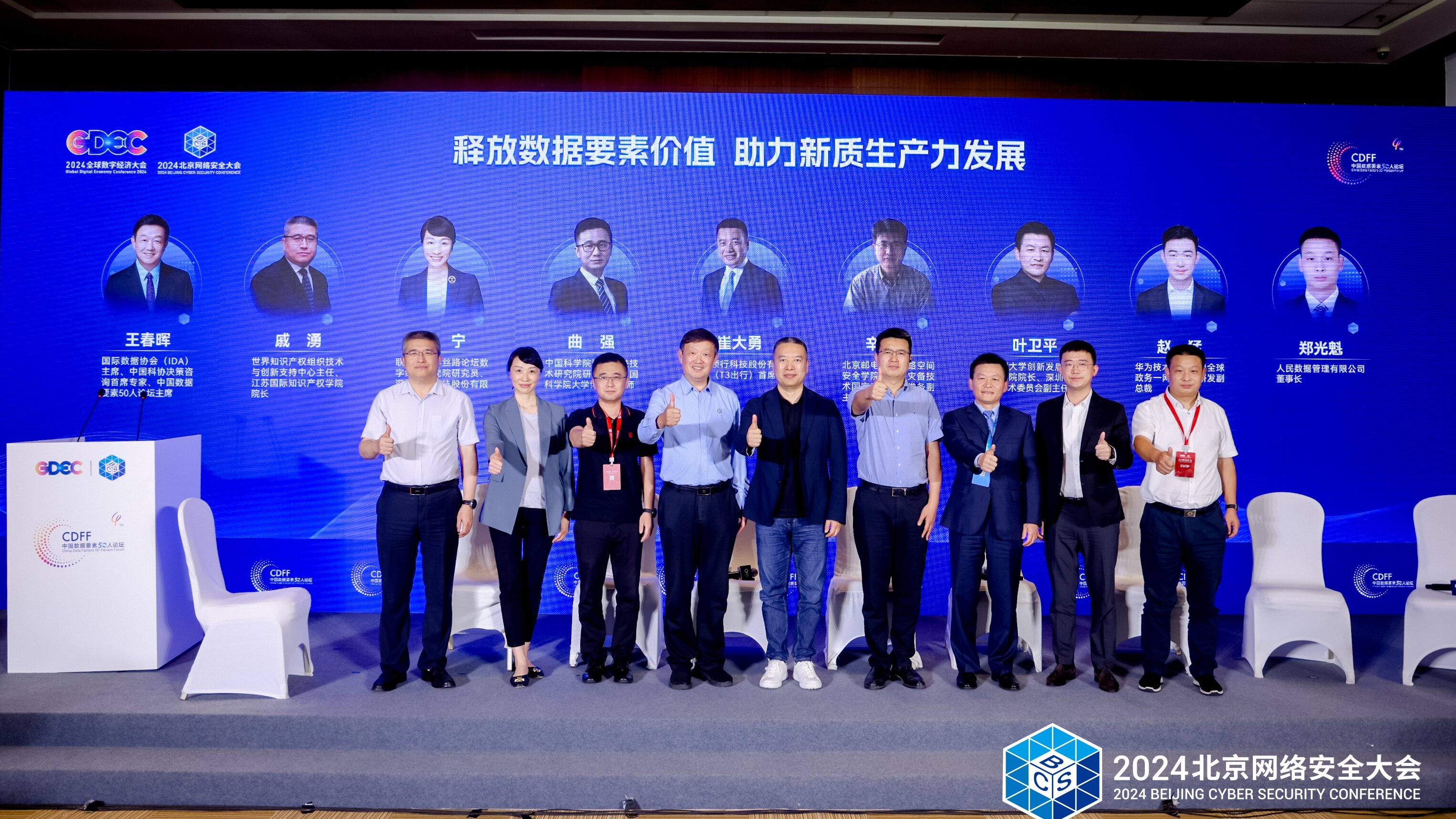
Insights Sharing
1. How should enterprises utilize the value of data elements to explore innovative development paths and achieve sustainable growth in the development of new productive forces?
New productive forces play a proactive role in innovation, characterized by high technology, high efficiency, and high quality, embodying the modernization of productivity.
(1) Data, evolving through the cycles of social and economic development and the improvement of productivity, has experienced a recurrent growth process. Currently, with the rise of AI-driven innovations, we are witnessing a new wave of data enthusiasm.
In the 1982 book "Megatrends," several points made by the author left a lasting impression on me: "We are drowning in information but starved for knowledge," "In an industrial society, the strategic resource is capital; in an information society, the strategic resource is information," "The transition period of economic transformation is the time when entrepreneurial spirit is most vigorous," and "Information not only regenerates but also self-generates."
We have observed how information/data has driven social, economic, and industrial innovation from past predictions about the future. Fast forward 30 years to 2013, big data reached a peak of industry fervor, followed by a period of decline. On March 14, 2023, with the release of ChatGPT-4, the industry once again raced to harness data, reigniting the value of data with renewed intensity!
(2) Driven by the fierce competition in the current AI market, the market price of large model services has decreased, promoting the broader application of AI service capabilities across industries.
This May, major companies such as ByteDance, Alibaba, OpenAI, Google, Microsoft Azure, and AWS announced significant reductions in AI token prices. Additionally, some new developments have emerged, with the founders or industry experts who created these large AI models starting to discuss the diminishing value of incremental data in public interviews.
Typically, data is sourced from multiple channels, such as web scraping, publicly available data, and industry or private data used under authorization. According to the "law of diminishing marginal utility" in economics, as the quantity of a good or service increases, the marginal utility of that good or service decreases. This principle applies to the vast amounts of data used to create AI models: the utility of incremental new data will continually diminish, leading to a decrease in data value to some extent.
These trends suggest that enterprises can now apply AI large model services at a lower cost to improve organizational management, product, or service operational efficiency. This will significantly boost innovation efficiency across various industries, such as biotechnology, healthcare, software, and robotics, in the coming years. Technological development is growing exponentially.
Moreover, I agree with the viewpoint of Innovation Works founder Kai-Fu Lee, who stated in an interview: "No product company can rely solely on technological advantages to win in the long term; it must create a non-technical competitive barrier," such as brand loyalty or customers' love for branded products.
2. To ensure compliance and effectiveness in data governance, how should we provide the necessary technical support for data elementization to support data-driven decision-making and business development?
The layering of modern computing capabilities and the continuous expansion of digital technology application scenarios have enabled previously isolated data silos to achieve greater interconnectivity. Massive amounts of data are produced, transmitted to the cloud via networks for storage, processing, and analysis, and then transformed into practical applications through various means such as the Internet of Things and artificial intelligence. The application of new technologies brings more market opportunities for enterprise development. At the same time, enterprises inevitably face significant data management pressures and data security risks. During the data flow process, which involves the integration of multi-source data, any leakage or misuse can result in issues like user privacy breaches and commercial secrets being exposed, impacting social and economic security and healthy development.
Therefore, while fully leveraging the value of data, enterprises must also emphasize data compliance and risk control. Establishing a compliant data circulation platform, implementing IAM (Identity and Access Management) digital identity management and access control, and securing AI and cloud resource service platforms become essential digital infrastructure to ensure data compliance and security.
Bamboocloud's work in the field of IAM (Identity and Access Management) focuses on an effective system for controlling access behaviors and permissions for different types of users, including people and devices. IAM middleware integrates various elements such as personnel, organizations, processes, and data into a shared platform, helping enterprises establish a flexible and scalable data governance and security management framework to adapt to the ever-changing data needs and regulatory requirements. It provides a range of security and compliance features, such as data encryption, anonymization, access control, and security auditing, to protect sensitive information from unauthorized access or leakage. Additionally, IAM includes compliance checks, security audits, and privacy protection rule engines to ensure that only authorized individuals can access relevant data, playing a crucial role in safeguarding data security and privacy.
Furthermore, in data analysis and risk warning, IAM can leverage AI technology to achieve more intelligent data mining and analysis, helping enterprises discover more valuable information and patterns from massive datasets.
Additionally, IAM classifies and grades data assets according to the enterprise’s characteristics and compliance requirements, creating a data protection catalog and applying an intelligent risk engine for continuous dynamic trust evaluation. It implements differentiated controls for data assets of different security levels, promptly detecting and defending against risky access behaviors, and retaining audit trail records of data operations. This effectively mitigates data security risks while meeting national laws, regulations, and industry standards, promoting compliant and trusted data circulation. It ensures the security of data throughout its lifecycle, providing stronger support for digital transformation and business innovation in enterprises.


